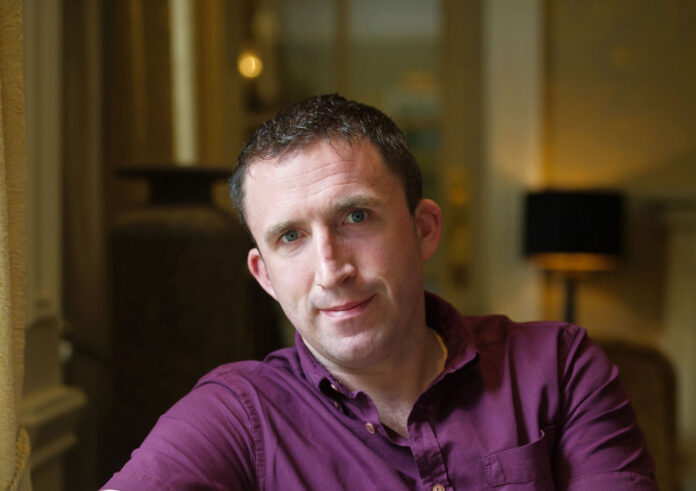AMONGST the most intriguing of the items which will be on display at a 1914 All-Ireland hurling exhibition in the county museum in Ennis will be an oil stock used to anoint Biddy Earley when she died.
Historian Tomás MacConmara is hoping that this element of the exhibition will finally dispel the belief that Biddy Earley had cursed the Clare hurling team, thereby playing a role in denying Clare an All-Ireland title between 1914 and 1995.
“It’s time to refute that story for once and for all. To be fair to Biddy Earley she was an incredibly important historical figure and actually a very liked figure, certainly in her native Feakle,” Tomás MacConmara said.
The fact that Biddy Earley died decades before 1914 suggests that apportioning blame to her on the subsequent short comings of the Clare hurling team was stretching things.
“To be very clear on it, she died in 1874; the GAA was formed 10 years later and Clare won their first All-Ireland 40 years after she died. Her being blamed for Clare not winning another one until 1995 was a small bit unfair,” Tomás pointed out.
The oil stock has three compartments; one with oils for baptism, another with oils for the sick and a third compartment with oils for the dying.
“The artefact itself is an oil stock which is reputed to have been used by Fr Andrew Connellan to anoint Biddy Earley before she died. The reason for connecting it to the exhibition of the 1914 All-Ireland hurling win was triggered by the perceived curse that has always been associated with Biddy Earley and Clare hurling teams. Fr Andrew Connellan is also the man who is reputed to have thrown her famous magic bottle into the lake,” Tomás MacConmara explained.
Including in the other items which will be on display will be the sliotar used in the final 100 years ago.
“The most direct link to the 1914 campaign is the sliotar that was used in the final. That has been on display with a good few years. It was also the sliotar that Micheál O’Hehir would have held onto for decades afterwards,” Tomás said. Micheál O’Hehir’s father trained the 1914 team to that All-Ireland win.
Some medals of considerable note will form part of the exhibition.
“We also have a number of All-Ireland medals, particularly one belonging to Ned Grace from O’Callaghan’s Mills. In association with that, there is an 1908 Croke Cup medal, which was won by O’Callaghan’s Mills. We got a medal belonging to the Considine brothers from Ennis and we have a Kilkenny hurling jersey belonging to one of the Spellissey brothers, which is related to Clare winning the junior championship. It is important to acknowledge that win too,” he noted.
“As well as winning the All-Ireland senior hurling title in 1914 Clare also won the junior All-Ireland. It is unlikely that the teams trained together although Tomás says that most players involved in both panels would have taken part in a tournament in Quin earlier in 1914.
“The only connection would have been earlier on in the year when the Temperance Society held a tournament in Quin. That acted as a trial tournament. A lot of players who went on to play senior and junior that year would have been playing together at that time. That’s the only evidence I can see that the senior and junior teams worked together at any stage that year. I don’t have any other evidence for them training together,” he has found.
Tomás is hoping that additional items of interest may be located in the coming weeks to add to the exhibition.
However, he points out that all of the material on display doesn’t necessarily have to be directly related to hurling as long as it has some relevance to the lives of the Clare hurlers in the early part of the 20th century.
“The exhibition should be opening in the next couple of weeks and we’d hope to build it over time. By getting it up and running with the material we have it might encourage more people to come forward with more material connected to the hurlers and to their broader lives as well. It’s very important to put it in to the social context of the time,” he maintained.
Peter O’Connell
A native of Ennis, Colin McGann has been editor of The Clare Champion since August 2020. Former editor of The Clare People, he is a journalism and communications graduate of Dublin Institute of Technology.


